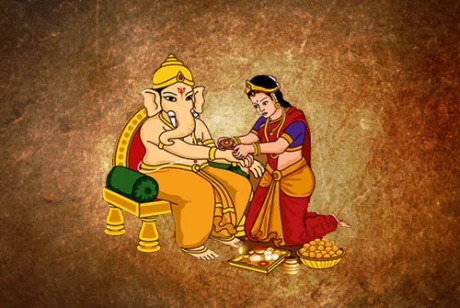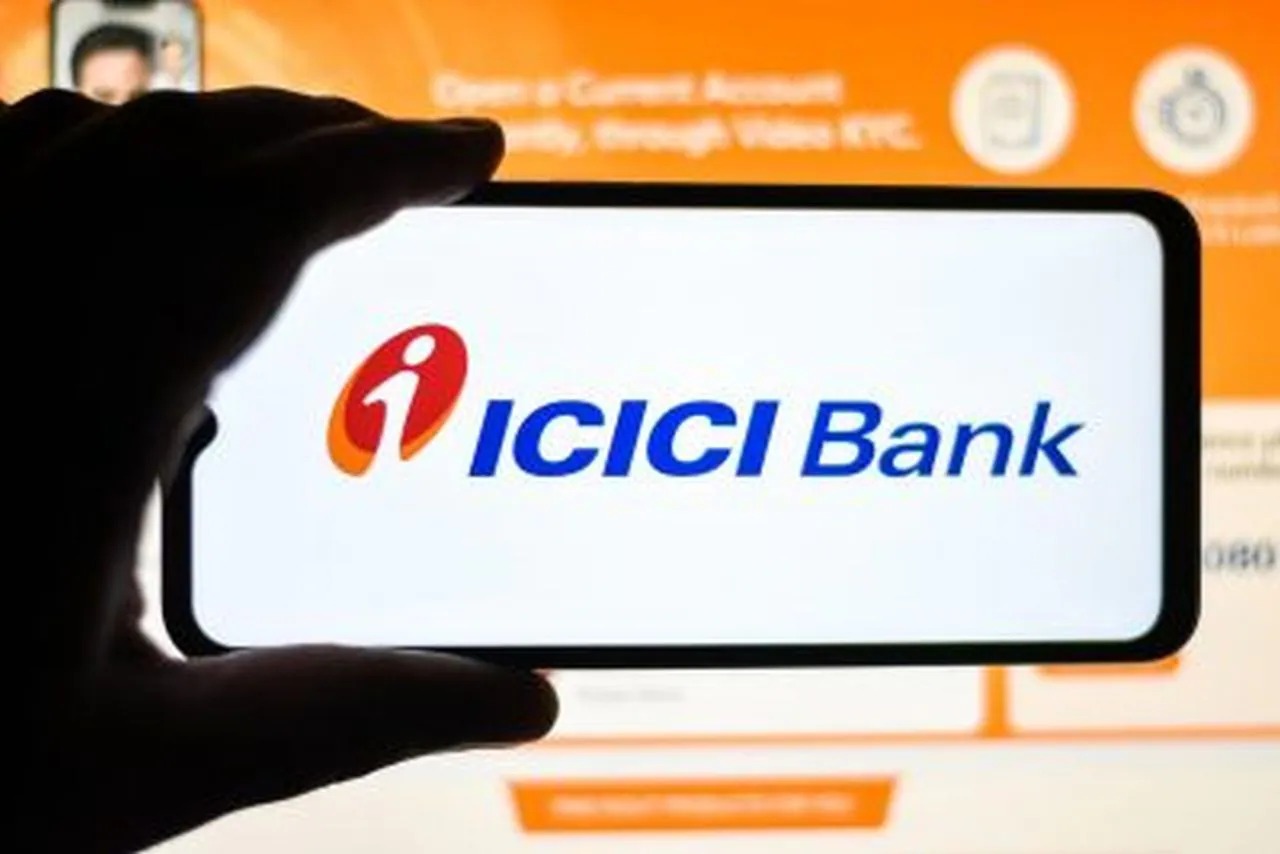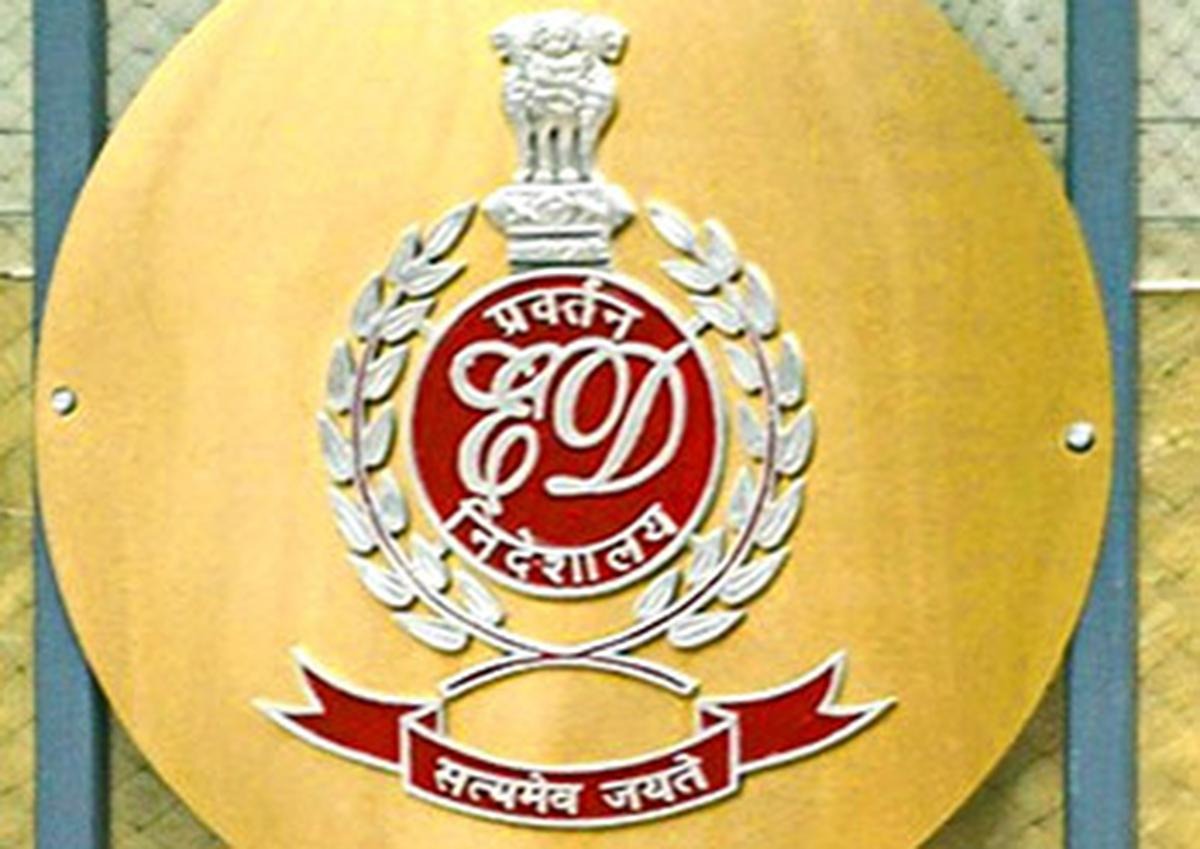 Image Source : Bharata Bharati
Image Source : Bharata Bharati
This Raksha Bandhan, temples across India witnessed a heartening and unique tradition—devotees tying ‘Dev Rakhis’ to the idols of Ganpati Bappa and other deities, seeking divine protection and blessings on a festival traditionally celebrated between siblings. The ritual highlights the sacred connection between the devotee and the divine, reflecting how spiritual faith transforms age-old customs.
Key Highlights of Raksha Bandhan’s Temple Celebrations
In Nagpur, scores of devotees thronged the iconic Tekdi Ganesh Mandir to tie rakhis on Lord Ganesha, drawing blessings for prosperity, protection, and familial well-being. The atmosphere was infused with the fragrance of flowers, chants of devotion, and the colors of handmade rakhis.
Women who do not have brothers were seen tying rakhis to Bappa and other gods, expressing that the divine is their eternal protector. Elderly devotees described this tradition as a personal practice maintained for decades.
The sentiment was not limited to women. Men, such as Aarav Deshpande at Tekdi Ganesh Mandir, also tied rakhis, stating that the festival’s essence is protection—and who better than the divine to keep them safe?
The temple’s sevaks distributed prasad, reinforcing the collective spiritual family atmosphere and expressing how every deity in the temple becomes a symbolic brother for visiting sisters.
Stories, Rituals, and Regional Flavors
‘Dev Rakhi’ rituals were not limited to Nagpur. Temples from Pune’s Shrimant Dagdusheth Halwai Ganpati Mandir to famous shrines in Vrindavan and Bharatpur reported similar acts, with women and girls offering rakhis to Krishna, echoing the legendary sibling bond of Draupadi and Krishna.
In Champawat, Uttarakhand, the ancient Bagwal Festival at Devidhura Temple took Raksha Bandhan to a new intensity, where devotees enacted symbolic acts of protection and unity in the form of ritualistic “mock battles.”
Temples such as Vanshi Narayan in Chamoli opened doors for annual Raksha Sutra ceremonies, re-enacting mythological tales of protection and divinity.
Devotees in Mumbai, Pune, Mathura, and other cities participated in spiritual Rakhi offerings to Ganesha and Krishna, with temple priests performing special poojas and blessings.
A Festival of Universal Bonds
Raksha Bandhan’s reach beyond family ties was evident, as even those separated from siblings—such as Puja Shukla in Nagpur—turned to temples, feeling the distance bridged through prayers and rituals.
Interfaith and community variations of Raksha Bandhan were observed across India, including in ashrams, neighbourhood gatherings, and charitable homes, reinforcing the festival’s power to unite and heal.
Symbolism and Contemporary Significance
The act of tying a rakhi to Ganpati Bappa or Lord Krishna is a symbolic request for lifelong protection, echoing the wider theme of the festival—extending the sense of security and love to every individual, not just siblings.
Many see Raksha Bandhan as a celebration that now includes the broader society and even divine forces, inviting people to reflect on gratitude and spiritual unity.
Conclusion
Raksha Bandhan 2025 was marked not just by gifts and rakhis exchanged at home, but by deeply meaningful ceremonies in temples nationwide. Tying ‘Dev Rakhis’ to Ganpati Bappa and other deities brought out both the enduring spiritual dimension and the evolving cultural landscape of the festival. It remains a cherished occasion where tradition, faith, and love intertwine—strengthening bonds across homes, communities, and the divine.
Sources: Times of India (Nagpur), VSK Telangana, Shriman Dagdusheth Halwai Ganpati Temple, Blog Dharmik Vibes, August 2025
Advertisement
Advertisement






